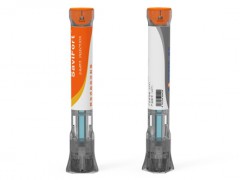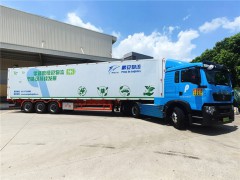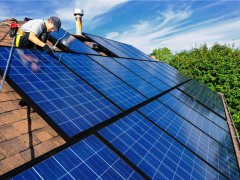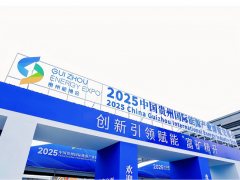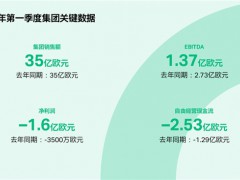据彭博社2月8日报道,阿尔及利亚的能源出口正在急剧下降,或将给这个欧佩克成员国带来更多的财政困难。
2020年由新冠肺炎疫情引发的能源价格暴跌正威胁着一些产油国的未来,因为它们用来维持产量水平的资金已被削减,更不用说实现增产了。
国际货币基金组织(IMF)数据显示,每桶59美元的油价还不到阿尔及利亚今年平衡预算所需的一半。据IMF计算,该国要实现财政收支平衡,油价需达到每桶135美元,远高于阿拉伯地区其他产油国。
彭博社船舶追踪数据显示,2020年,阿尔及利亚的原油和液化天然气出口分别下降了30%左右,2021年这一趋势仍将继续。上月,出口销量降至29万桶,比2020年12月减少了36%,是自2017年以来的最低水平。
2020年,由于新冠肺炎疫情导致飞机停飞、工厂关闭,阿尔及利亚和欧佩克的其他成员国都同意减产。后来,尽管大多数欧佩克成员国的石油产量超出了配额,但阿尔及利亚却没有触及配额上限。1月,该国石油总产量略有上升,但仍处于2002年以来的最低水平。
在天然气方面,天然气出口国论坛(the Gas Exporting Countries Forum)数据显示,2019年,天然气产量降至10年来的最低点。与此同时,随着阿尔及利亚人口的增长,当地发电厂所需的燃料越来越多,留给出口的空间越来越小。
总理阿卜杜拉齐兹·杰拉德(Abdelaziz Djerad)已下令削减开支以稳定国家财政,但其政府对降低电力和粮食补贴仍持谨慎态度。能源研究公司Enverus董事Bill Farren-Price表示:“阿尔及利亚是欧佩克成员国中人均福利预算最高的国家之一。”
国家能源公司Sonatrach表示,即便是削减开支,今年仍计划将天然气出口增加25%左右。该公司过去提高能源产量的努力因管理层频繁变动而受阻。
在外商引进方面,阿尔及利亚暗示将允许更多外国投资进入该国能源领域。
朱小庆吉 摘译自 彭博社
原文如下:
An Oil Country No More? Algeria’s Energy Exports Sink Rapidly
Algeria’s energy exports are plunging, threatening more financial suffering for the OPEC member and a potential repeat of the mass demonstrations that toppled the president two years ago.
The slump underscores how last year’s coronavirus-triggered collapse in energy prices is threatening the future of some producers by cutting off the money they need just to maintain, let alone increase, their levels of output.
At around $59 a barrel, oil prices are less than half what Algeria needs to balance its budget this year, according to the International Monetary Fund. Its fiscal break even of $135 a barrel is higher than that of any other producer in the Arab world, the IMF calculates.
The nation’s exports of crude and liquefied natural gas each declined around 30% in 2020, according to Bloomberg ship-tracking data. The trend’s continued this year. Oil sales abroad fell to just 290,000 barrels a day last month, 36% less than in December and the smallest figure since at least 2017.
Algeria and other members of the Organization of Petroleum Exporting Countries agreed to cut production last year as the pandemic grounded planes and shut down factories. Yet while the majority of OPEC nations breached their quotas, Algeria mostly failed to reach its cap. Overall oil output rose slightly in January, but it’s still around the lowest since 2002.
It’s a similar situation with gas, production of which fell in 2019 to at least a decade-low, according to the Gas Exporting Countries Forum. At the same time, Algeria is burning more of the fuel in local power plants as its population rises, leaving less room for exports.
Prime Minister Abdelaziz Djerad has ordered spending cuts to stabilize the country’s finances. But his government is wary of lowering subsidies on power and food.
“Algeria has one of the largest welfare budgets per capita of its OPEC peers,” said Bill Farren-Price, a director at energy research firm Enverus. Sustaining social spending “will be essential if mass protests are to be avoided.”
State energy firm Sonatrach said it aims to boost gas exports by around 25% this year, even while slashing spending. The company’s past efforts to raise energy production have been hindered by frequent changes of management. It’s had four chief executive officers in the last two years and 12 since 2010.
Outside Investors
Algeria has hinted at allowing more foreign investment in the energy sector.

